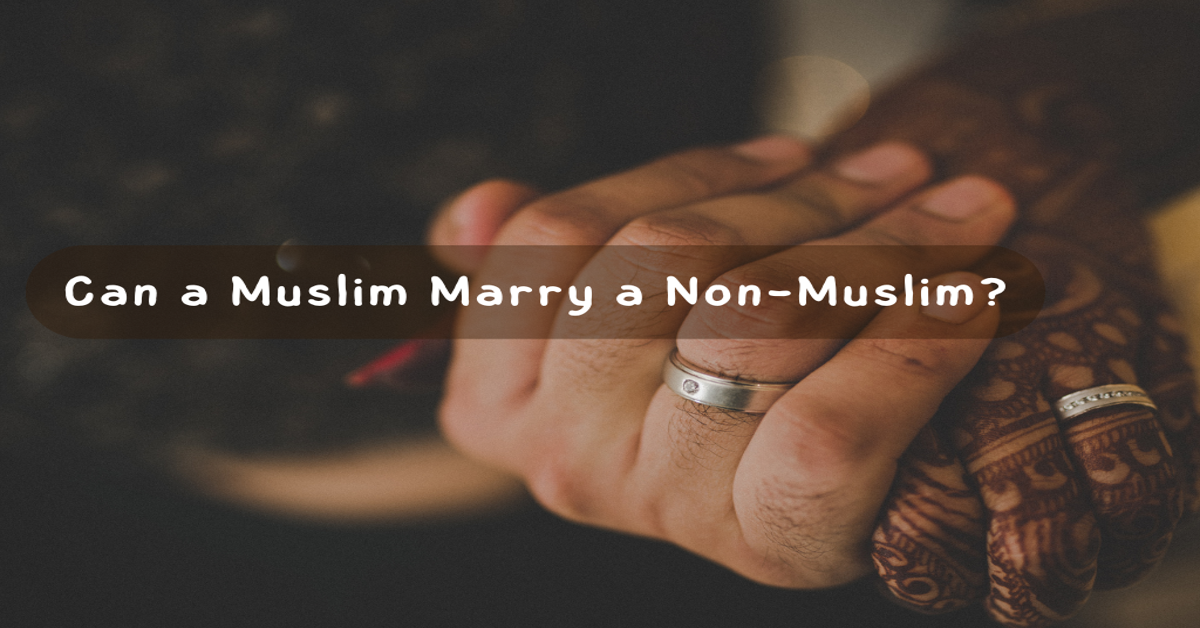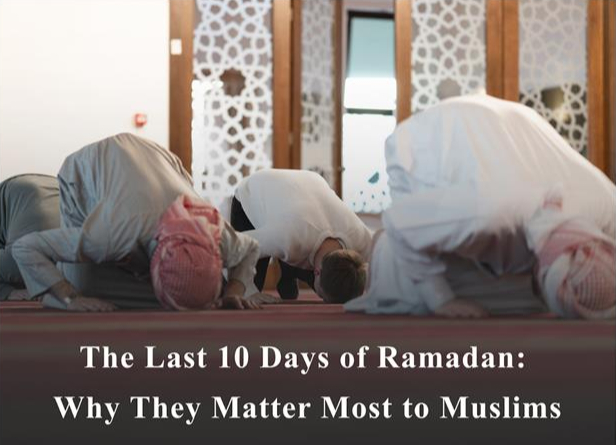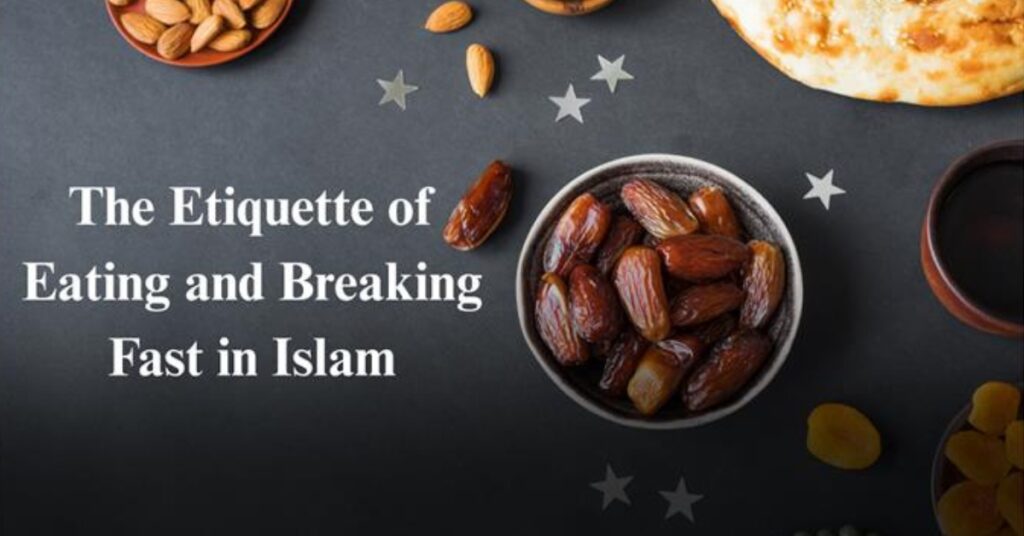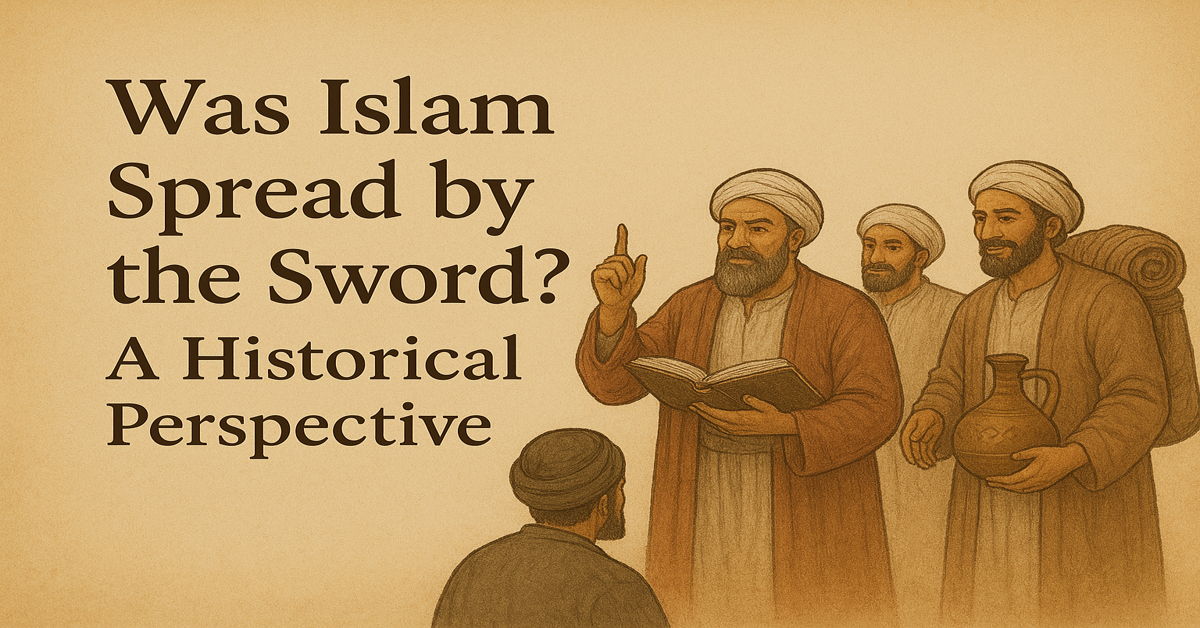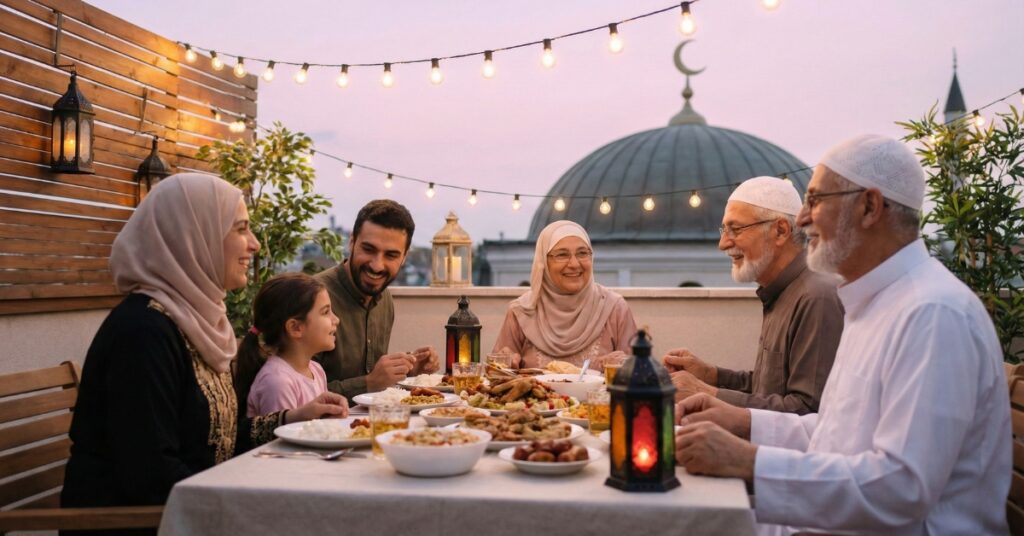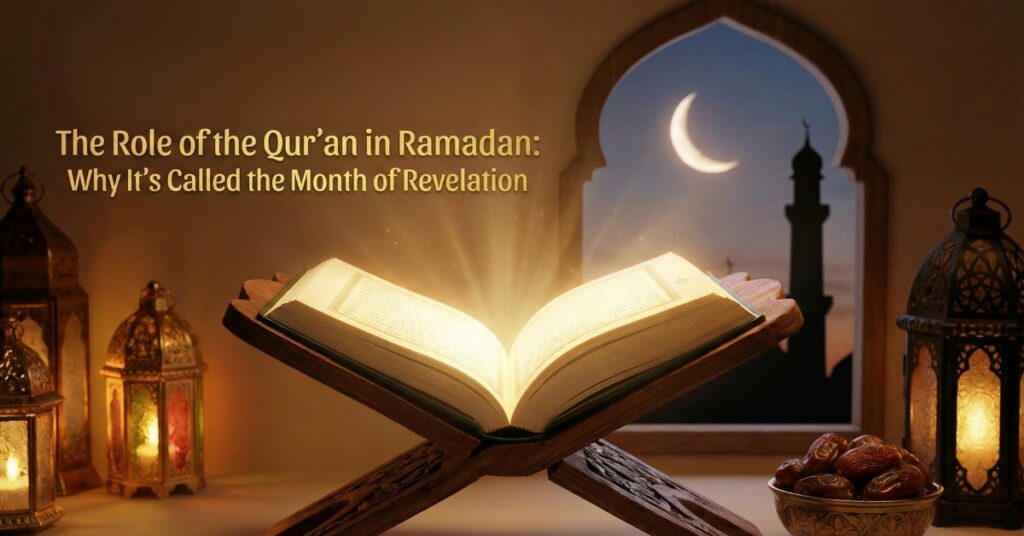Islam is a religion based on Monotheism. Marriage in Islam is considered not only a social contract but also a spiritual bond between two people or two souls, built on faith, respect, and shared values. One of the most debated questions is: Can a Muslim marry a non-Muslim? This subject brings forth discussions on religious compatibility, family harmony, and the role of faith in marital life. In this blog, we will explore the topic of interfaith marriage in Islam, looking at what the Quran and the teachings of Prophet Muhammad ﷺ say, while addressing common misconceptions.
Islamic Marriage Rules
Islam views marriage as a partnership grounded in belief in Allah and mutual support in religious duties. According to Islamic marriage rules, compatibility in faith is considered one of the most important conditions which can’t be ignored. The Quran emphasizes shared belief as the cornerstone of a healthy marital relationship:
“Do not marry polytheistic women until they believe; for a believing slave-woman is better than a free polytheist, even though she may look pleasant to you. And do not marry your women to polytheistic men until they believe, for a believing slave-man is better than a free polytheist, even though he may look pleasant to you. They invite ˹you˺ to the Fire while Allah invites ˹you˺ to Paradise and forgiveness by His grace.1 He makes His revelations clear to the people so perhaps they will be mindful.”
(Quran 2:221)
This verse makes it clear that Islam discourages marriages where the foundation of faith is missing, as it can lead to spiritual and practical conflicts within the family.
Muslim Marrying Non-Muslim: What the Quran Says
The Quran provides specific guidance on interfaith marriages. Muslim men are permitted, under certain conditions, to marry women from the People of the Book (Jews and Christians), provided these women are chaste and respectful of faith:
“Today all good, pure foods have been made lawful for you. Similarly, the food of the People of the Book is permissible for you and yours is permissible for them. And ˹permissible for you in marriage˺ are chaste believing women as well as chaste women of those given the Scripture before you—as long as you pay them their dowries in wedlock, neither fornicating nor taking them as mistresses. And whoever rejects the faith, all their good deeds will be void ˹in this life˺ and in the Hereafter they will be among the losers.”
(Quran 5:5)
However, Muslim women are not permitted to marry non-Muslim men, whether they are from the People of the Book or otherwise. The reasoning is rooted in family leadership and the preservation of Islamic faith within the household.
Based on terms and conditions of Islam
Interfaith Marriage in Islam: Conditions and Challenges
While the Quran allows certain forms of interfaith marriages, scholars emphasize caution. The concept of interfaith marriage in Islam is not meant to encourage mixed faith unions without considering the implications. Some key points include:
- Faith and Children: Islam prioritizes the religious upbringing of children. In interfaith settings, differences in belief could lead to confusion or conflict about their faith.
- Cultural Harmony: Marriage is not just between two individuals but also between families. Interfaith unions may create social challenges and probably result in chaos.
- Religious Practices: Daily practices like prayer, fasting, and dietary rules may become complicated in mixed faith marriages, which leads to the foundation of marriage being at stake.
Prophet Muhammad ﷺ said:
“The Prophet (ﷺ) said, “A woman is married for four things, i.e., her wealth, her family status, her beauty and her religion. So you should marry the religious woman (otherwise) you will be a loser.” (Sahih al-Bukhari 5090)
This hadith highlights that religion should be the foremost priority in choosing a spouse. As she is the one who will be carrying your child, upbringing them, it’s important that she is religious enough to make her offspring pious enough to please Allah.
Islam on Mixed Faith Marriage: A Balanced View
When discussing Islam on mixed faith marriage, it is essential to balance compassion with guidance. Islam recognizes that Jews and Christians share belief in one God but warns against neglecting Islamic values. While some marriages may work harmoniously, the faith of future generations could be at risk if religious identity is not prioritized.
Thus, while Muslim-Christian marriage is permissible for believing men under strict conditions, scholars advise choosing a believing spouse as the best choice for stability, for their future betterment and shared values. However, Muslim-Christian marriage is not permissible for believing women.
Quran on Interfaith Marriage
The Quran on interfaith marriage provides wisdom that goes beyond restrictions. It seeks to protect the faith, emotional well-being, and harmony of the family. By prioritizing shared values, Islam ensures that the bond of marriage remains both spiritually uplifting and socially supportive, instead of prioritizing emotional well-being alone. Marriage is a Sunnah but a marriage should not destroy your relationship with your creator that is Allah nor it should deviate your steps towards the hellfire.
This AI generated Image is for illustrative purpose only
Islamic Marriage Conditions to Remember
Some important Islamic marriage conditions include:
- Both parties must consent to the marriage.
- The marriage contract (Nikah) should be witnessed.
- The woman must receive a mahr (dowry).
- The union should not contradict Islamic principles.
These conditions apply to all marriages, including interfaith cases, but faith compatibility remains the central most concern.
Navigating Faith and Love
Interfaith marriage in Islam is a complicated topic that needs careful thought about religious texts, guidance from scholars, and personal situations. Islam allows Muslim men to marry chaste women from the People of the Book under specific conditions. However, it entirely prohibits Muslim women from marrying non-Muslim men.
These rules show Islam’s focus on maintaining faith, ensuring family harmony, and protecting the religious identity of future generations. Muslims facing these choices should consult qualified Islamic scholars, engage in honest prayer and reflection, and prioritize their relationship with Allah above all.
The main goal of marriage in Islam is to build a loving, harmonious home that draws one closer to Allah and serves as a foundation for raising good children. Whether considering scenarios where a Muslim marries a non-Muslim or looking for purely Islamic unions, these spiritual goals should guide all marriage decisions.
The discussion on interfaith marriage in Islam shows that while limited permissions exist, Islam strongly emphasizes shared faith as the key to a successful marital life. The Quran and Sunnah highlight that faith compatibility ensures spiritual growth, family harmony, and a stable future for children. Ultimately, Islam encourages believers to marry those who share their faith, keeping religion at the heart of marriage.
Can a Muslim man marry a Christian woman?
Yes, under conditions. The Christian woman must be chaste and respectful of faith, but scholars advise caution. Provided the marriage follows Islamic conditions and the children are raised Muslim.
Why does Islam restrict interfaith marriages?
The restrictions aim to protect faith, family harmony, and the upbringing of children in Islam.
Is interfaith marriage in Islam considered valid?
It depends. Some are permissible under strict conditions, but Islam encourages marrying within the faith as the safer and more harmonious choice.
Can a Muslim marry someone who converts just for marriage?
The conversion must be sincere and based on genuine belief, not merely for marriage purposes.
What does "chaste" mean in Islamic marriage context?
Chastity (ihsan) refers to moral purity, avoiding unlawful sexual relations, and maintaining high moral standards.

